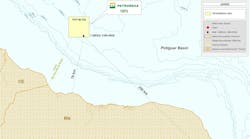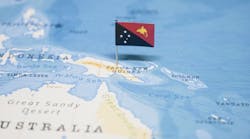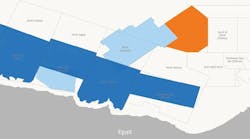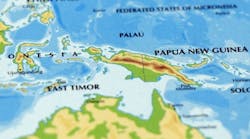Offshore staff
ABERDEEN, UK -- The UK’s new Oil Spill Prevention and Response Advisory Group (OSPRAG) has met for the first time to review the sector’s readiness to respond to a major incident, in light of current events in the Gulf of Mexico.
Group chairman Mark McAllister, said: “While the measures companies taken under the current regulatory regime in the UK continental shelf (UKCS) have been effective in preventing blowouts over the last 20 years of operations, what is happening in the Gulf of Mexico dictates that we must re-assess the provisions and procedures we employ here and the extent of our preparedness for oil spill prevention and response.
“The advisory group, which includes representatives from Oil & Gas UK, its member companies, regulators, and trade unions, were keen to start this comprehensive review at the earliest opportunity so that if appropriate, the industry in the UK is poised to respond quickly to the recommendations or learnings that may arise from the investigations in the US. This is the most efficient way to help ensure that the arrangements in the UKCS continue to be fit for purpose.”
OSPRAG’s committee has agreed to split work within four technical groups, focusing on:
• Technical issues, including first response for the protection of personnel and competence
• Oil spill response capability and remediation, including national emergency response measures
• Indemnity and insurance requirements
• Trans-North Sea issues and response mechanisms.
The Group plans to review UKCS practice and regulation concerning pollution prevention and response, and the adequacy of financial provisions for that response. It will also look to facilitate the implementation of any recommendations arising from the US investigations that may be relevant to the UK.
06/03/2010




